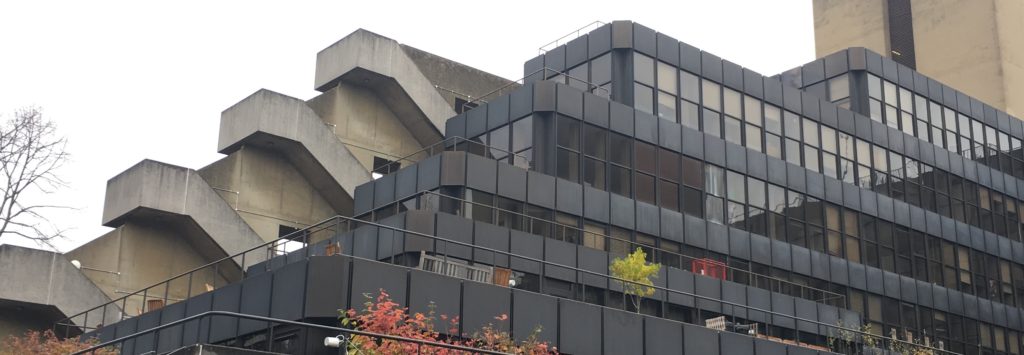
After four years in Tokyo, working on various short-term contracts at the University of Tokyo and Waseda University, I am happy to announce that I have accepted a permanent position at the UCL Institute of Education (IoE) in London, UK. My new role is as a lecturer in education and international development, teaching in the Educational Planning, Economics and International Development Master’s program (or programme!). I will also be affiliated with the Centre for Education and International Development, or CEID. I’m thrilled to join this storied Institute!
The start of my career in London was marked by an eight day industrial action over pensions, pay, equality, and casualization. It was a strange way to begin to say the least. I had to cross the picket line on my first day of work in order to pick up my university ID and join the University and College Union (UCU), which then allowed me to actually go on strike. With those administrative particulars sorted, I immediately joined my new colleagues on the picket line, meeting people from across the Institute. Learning the ins-and-outs of the IoE through first hand accounts — as well as important history (one person I met was a student of Basil Bernstein!) — I received an amazing induction, what many of us began calling an ‘alternative’ induction to the one provided by UCL.
During the strike, I met people far beyond the IoE. During a march from UCL to Westminster Abbey, which linked-up with the Friday youth climate strike, I noticed David Graeber standing on the street. After calling out his name, he quickly joined me on the march where we walked and chatted together for the next 500 meters. We talked mainly about the up-coming UK election, and why the polls should not be believed.
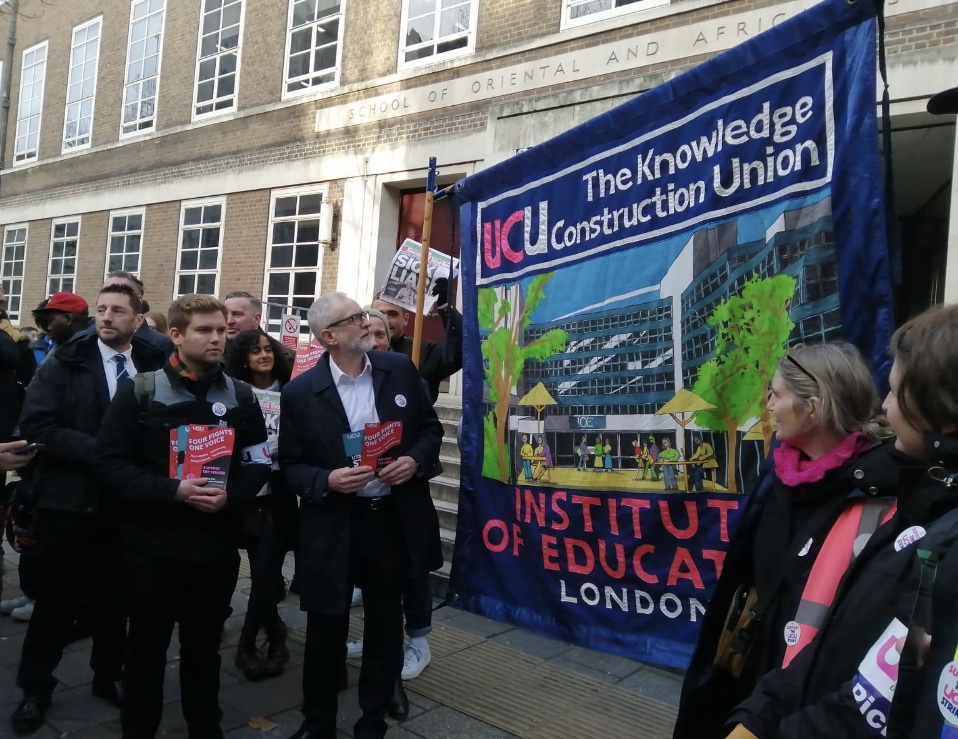
Jeremy Corbyn, the leader of the Labour Party, was on everyone’s mind during the strike and march. Little did I know that Corbyn would join the picket line the next week — and I would get to meet him. In the photo at left, I am standing behind Corbyn, holding up the banner he is admiring. To the right of Corbyn, you can see my head and gray hat sticking out slightly. Like I said, this was a very strange way to begin my career at the IoE. But if the first eight days are anything to go by, my new life at the IoE is going to be exciting and fruitful. I am looking forward to working with my new colleagues and many students over the next years and decades. If you are interested in studying with me at the IoE, please do get in touch.

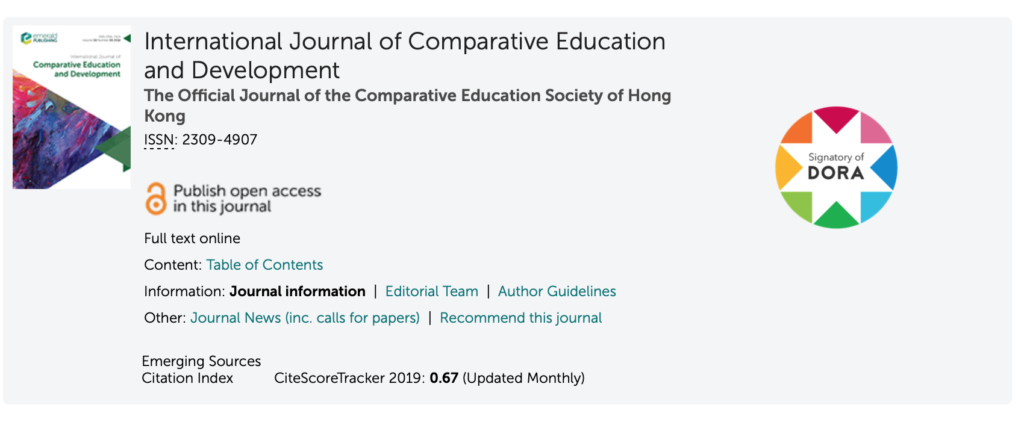
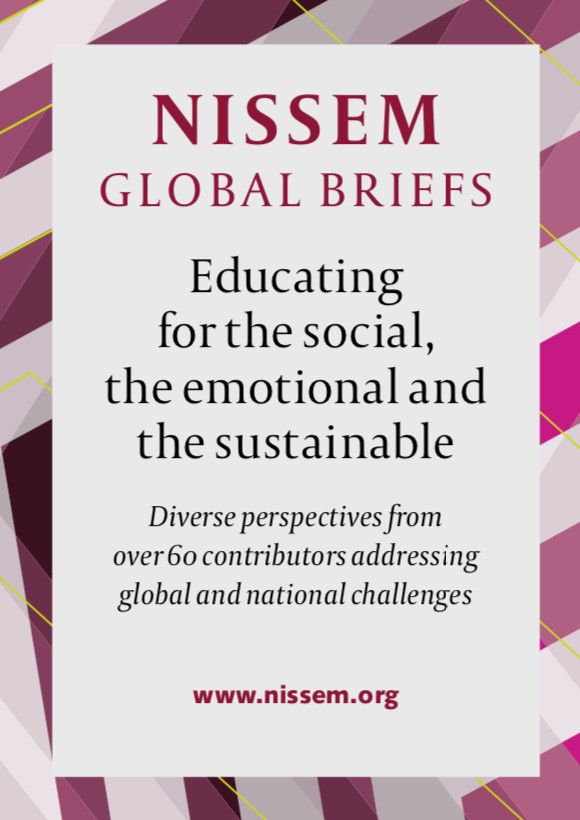
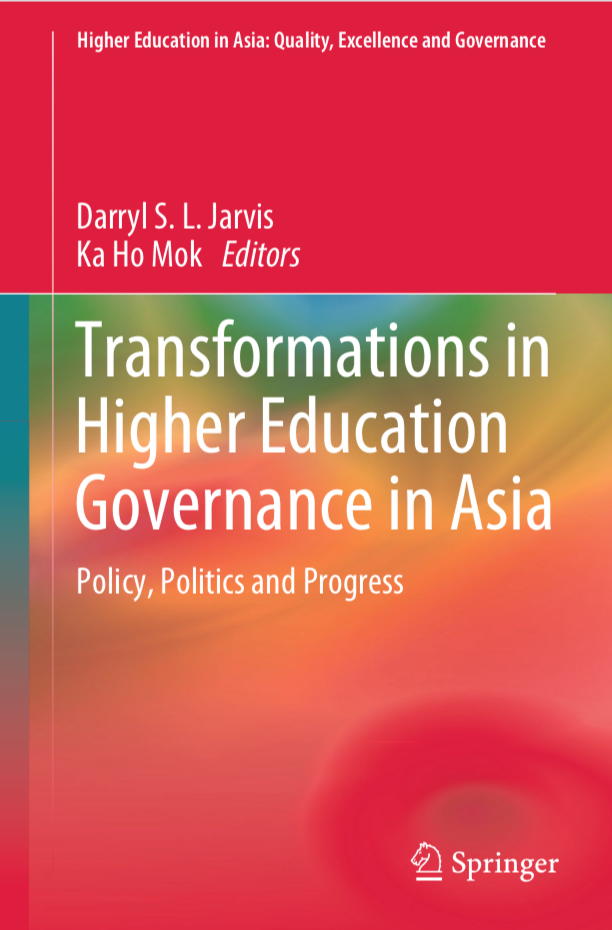

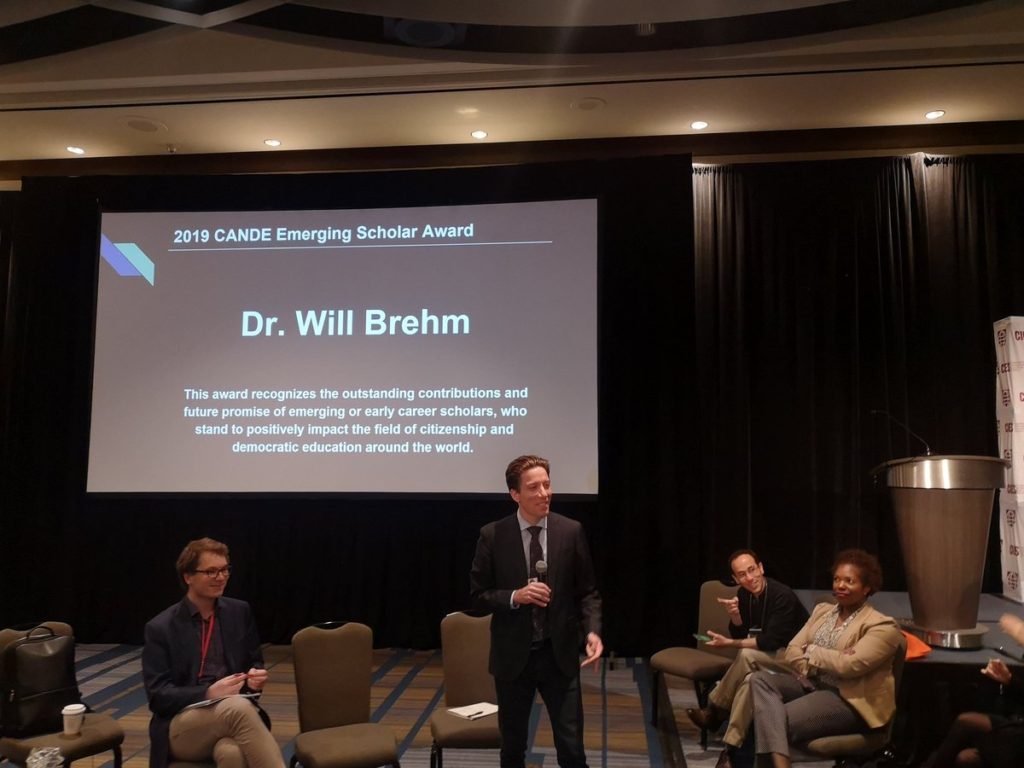
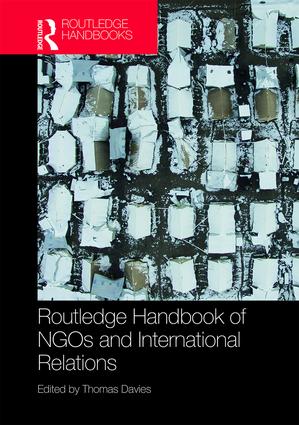
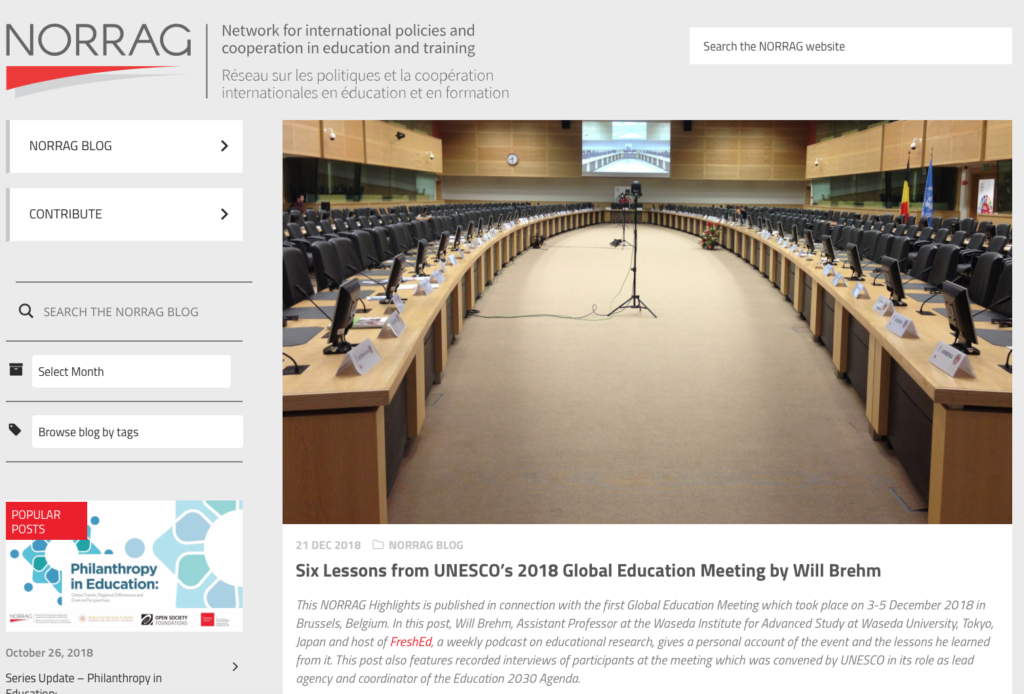 I wrote a
I wrote a